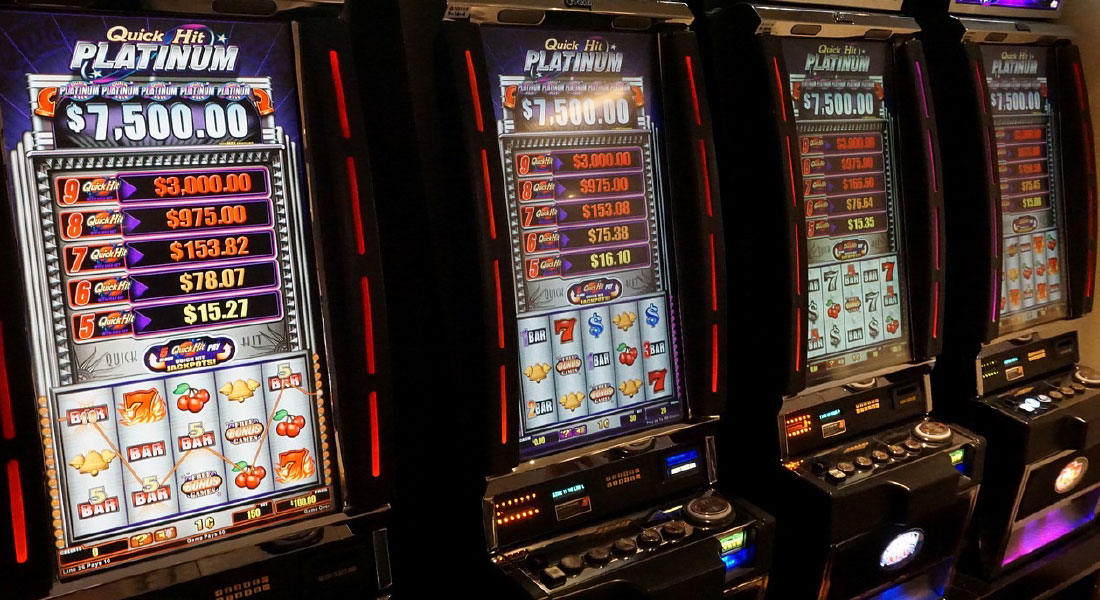


By now, it is almost certain that Donald Trump will run again for presidency in 2024. By the end of his previous term, most of the impeachment efforts by political opponents did not have the goal of stopping his ongoing presidency, but rather to avoid a second term. It didn’t happen, and the doors to running again for political office are open to him. What could be expected from a Trump 2024 presidency?...
First of all, political analyses from experts make this very clear: he stands a good chance of winning again, especially if Biden’s low approval ratings continue. Some of the analyses have focused on the possibility that he takes power illegitimately, by somehow seizing the election through one illegitimate way or another. Others are more afraid of the possibility that he simply wins legitimately, fair and square – and of what that would mean for American politics in the near future.
Because clearly, TRUMP IS GONE FROM THE WHITE HOUSE – FOR NOW –, but the social trends that got him elected are not. Trends as diverse as the forces opposing economic and industrial globalization, rising white supremacy, social and religious conservatism, the struggles of a disappearing middle class and the undeniable racism of some sectors of the population: a varied mix of fears and anxieties (some more real than others) that climaxed at the Capitol storming of January 6. If he is to be elected again, he as well as those trends will perceive themselves as legitimized again, coming back “with a vengeance”. All of those trends have undercurrents of – often justified – anger, and a desire for backlash against whatever is perceived as “the establishment”. This situation could quickly escalate into a matter of “politics of toxicity”, where Trump would do “more and louder” of everything he did the first time; from stoking the fears and anxieties of his followers to carrying out strongly polarizing politics.
News pieces and articles can of course often be alarmist because rage sells well – some of the fears may be overblown; but it is also undeniable (and can only be ignored at great social peril) that at least some of Trump’s supporters have worrisomely violent tendencies, and are well-armed more often than not. Conspiracy theories such as those surrounding the internet Q-Anon phenomenon also fuel many deeply misguided ideas about what Trump supposedly represents and about that which he supposedly fights against; from industrial decline to supposed networks of pedophiles within political circles.
But again, alarmist news in media sell very well, which pushes content creators to piece together evermore apocalyptic narratives. It could also be the case that Trump wins and then “nothing” happens, in grand historical terms – or that he doesn’t win at all. Social and political “pendularity” is a common historical tendency, not only in the USA but in the modern world at large: societies typically go through periods of liberalism (economic, social, religious), followed by periods of conservatism and then liberalism again; or travel back and forth through periods of more or less authoritarianism, in ways that are simply “normal” (for lack of a better word) and to be expected. Only time will tell if the fears of a Trump comeback signifying a final blow to American democracy, or a slow fragmentation of the USA into what might be two separate countries in fifty or a hundred years, are indeed what can be expected in a historical view.









